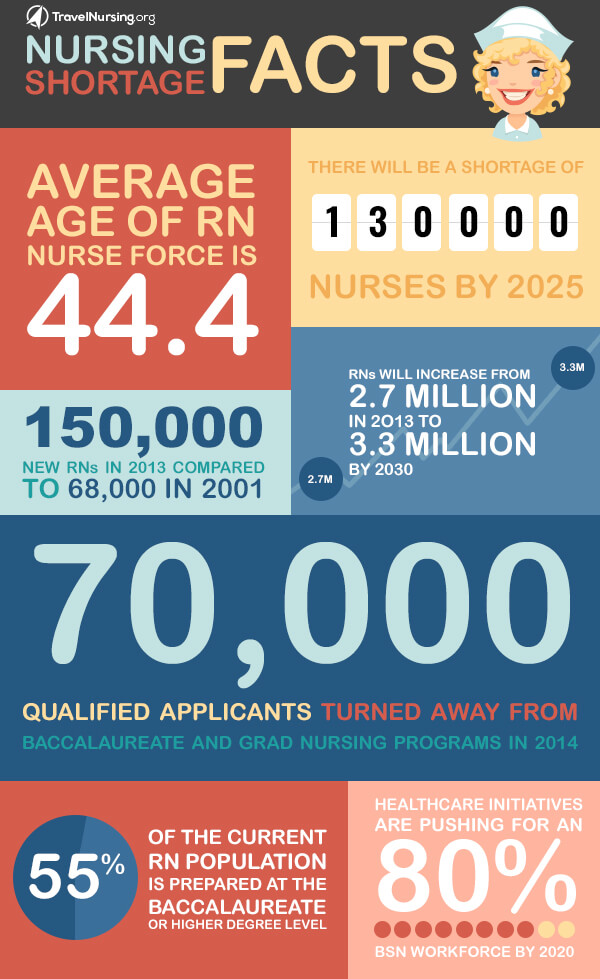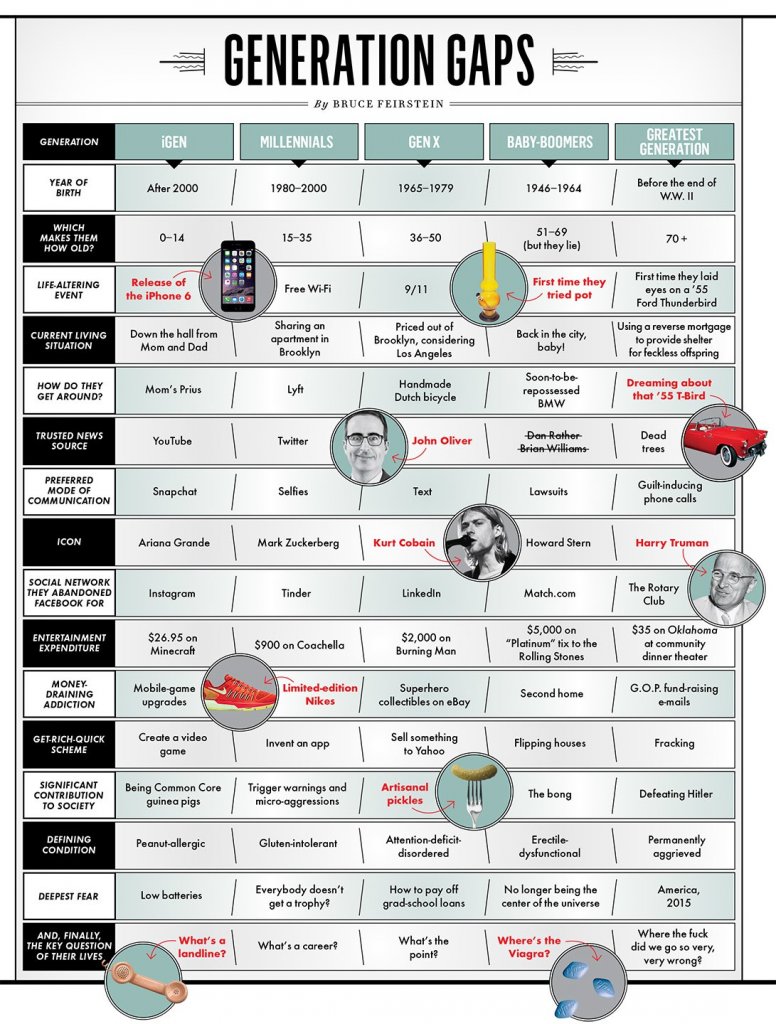In a previous blog post, we wrote about nurse managers being caught in the middle of a tug-of-war, trying to balance competing priorities: the need to improve care quality and patient satisfaction on one hand and reduce costs on the other. To further complicate the friction, there are other forces applying pressure to this already stressful situation.
By 2030, the number of Americans over the age of 65 will soar by 75% to 69 million, or one-fifth of the population. That’s sure to tax an overburdened healthcare system, considering that the overwhelming majority of Medicare beneficiaries already have one or more chronic health conditions.
At the same time, a significant number of today’s nurses fall into that baby boomer category. One-third of the current nursing workforce is expected to retire in the next 10-15 years. By 2025, some experts predict the nursing shortfall will be “more than twice as large as any nurse shortage experienced since the introduction of Medicare and Medicaid in the mid-1960s.”

This will leave an increasing number of millennial nurses to fill the shoes of those seasoned nurses, the backbone of calm, comfort, and wisdom that patients and their families have come to count on. That’s a heavy load to carry for those on the front lines and the nurse leaders preparing them to take the reins. So what can nurse managers do now to mind the expanding gap and ensure that today’s millennials are up for the challenge ahead?
Pam Cipriano, president of the American Nurses Association, says,
“When we think about nurses replacing retiring nurses, there is an experience gap. People like me who have 40 years of experience will be replaced by individuals with three to five years of experience. Employers need to focus on the fact that they have a responsibility and a burden to ensure that new nurses can maintain expertise and wisdom at a patient’s side.”
There are plenty of stereotypes about this tech-savvy new generation—entitled, self-absorbed screen addicts with a poor work ethic, for example—which, like most stereotypes, may be based on nuggets of truth but also tend to over-simplify a large, diverse set of people. Today’s more experienced nurses and nurse leaders and this new screen-dependent generation of Gen Y nurses may seem diametrically opposed in some cases, as any two people facing a wide generational gap might.

And while it’s certainly true that millennials bring plenty of new demands to their roles as nurses, if nurse leaders can start to address their unique expectations, it can bring positive changes to entire nursing teams and departments, and patients as well.
Following are some common expectations that millennials have and ways you can embrace them to benefit you, your team, and your patients:
Technology:
This is a generation that came of age just as the Internet, social networking, and smartphones erupted. They don’t know life any other way and are driving much of the rapid change the world is experiencing. They’re used to the convenience and speed that technology brings to every facet of life and have little patience for manual, cumbersome systems—often the existing mode of operation in many healthcare settings. They’re the ones who will move the field forward through their demands for efficiency—and also the ones who will help the current regime adapt to new technology.
read more at nursegrid.com

















